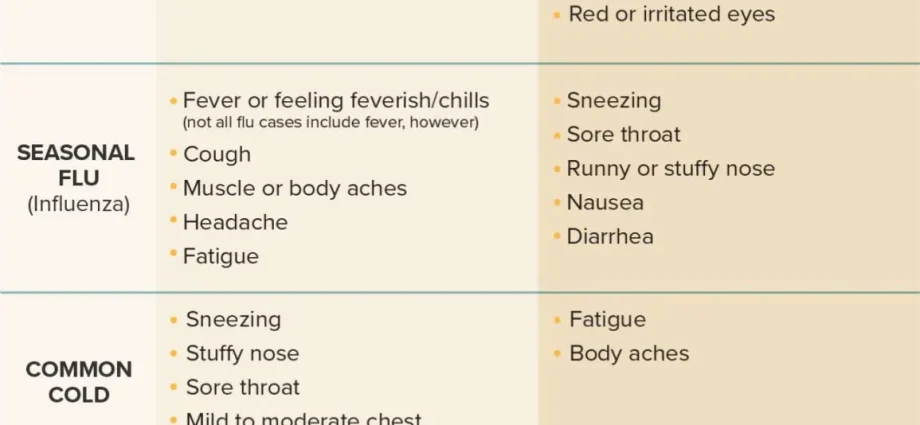Are pregnant women particularly vulnerable to coronavirus infection? Does pregnancy change the course of the disease and affect symptoms? And does the virus threaten the child? Many women worry about pregnancy during the coronavirus pandemic. Is it right? The experts already know the answer.
Other COVID-19 symptoms and increased risk of premature birth. The latter is indeed more likely in a pandemic, although its rate is not higher than that of spontaneous preterm deliveries. In practice, this means that a child conceived in the coronavirus crisis by women infected with the coronavirus is more likely to be born as a result of a cesarean section, experts explain in the professional medical journal “BMJ”.
It looks like other contagions
This is due to several factors and is similar to the situation that occurs when a pregnant woman is infected with germs other than SARS-CoV-2, explains virologist Susanne Modrow. “Acute inflammation late in pregnancy often increases the risk of premature birth,” says Modrow.
Doctors from the team led by prof. Shakila Thangaratinam of the WHO Collaborating Center for Global Women’s Health at the University of Birmingham analyzed the results of 77 different studies on the subject. Their analysis shows that symptoms such as fever and muscle aches are less common in pregnant women infected with the coronavirus than in non-pregnant women. Perhaps, however, this is because pregnant women are generally tested for coronavirus after they come to the clinic, while non-pregnant women are only tested when they develop the first symptoms of COVID-19.
Christian Albring, president of the professional association of German gynecologists, explains that the symptoms of fever and muscle aches typical of COVID-19 are primarily due to the fact that the body attacked by the coronavirus activates its immune system to defend itself against it. “The immune system of pregnant women, on the other hand, works part-time so as not to recognize the embryo as a foreign body in their body and not to reject it as a defensive reaction”, says Prof. Albring. This may be the cause of the complete absence or different response of pregnant women infected with the coronavirus.
- Pregnant women have a worse COVID-19 experience. Does the disease affect the child?
In addition, pregnant women infected with the coronavirus need increased medical care more often than women infected with it, but not pregnant. This is because “pregnant women are now at greater risk than non-pregnant women, but we do not yet have reliable data to support such an opinion,” says virologist Modrow. What is clear for now is that in the case of future mothers suffering from obesity, high blood pressure or diabetes, complications can occur. There are clear differences in the treatment of people who develop severe COVID-19. Remdesivir must not be used in pregnant women. However, they are used in the case of minors and adults with pneumonia.
According to prof. Modrow transmission of the coronavirus to the embryo in the womb is “extremely rare”. For now, he says, “we have no information to suggest that newborns have inherited health problems as a result of the mother’s contracting the coronavirus.” Another good news is that the number of newborns dying in childbirth or being born to a coronavirus-infected dead fetus is no higher than that of healthy women.
Read also:
- Coronavirus in pregnant women. New findings of scientists. There is good and disturbing news
- Your baby will be separated from its mother shortly after birth. “I haven’t had symptoms for a long time”
- Coronavirus, cesarean section, sepsis. We ask the gynecologist if pregnant women should be afraid










